Your location:Home >Automotive News >
Time:2022-07-13 14:50:53Source:
How long has it been since there was a brand new phenomenon-level explosion of fuel vehicles?
Sylphy, Lavida, Haval H6, Camry and other "old faces" of fuel vehicles have been on the hot-selling list for many years.And the rookies with good sales come from the field ofnew energy vehicles, such as Wuling Hongguang MINI EV, Tesla Model Y, etc.
Sylphy entered the Chinese market in 2006, and its predecessor was first born in 1959; Sunny was listed in 2008; Camry was born in 1982 and was made domestically in GAC Toyota in 2006; and the relatively young Haval H6 was launched in 2011. It has been more than ten years now.
Since then, the number of new explosive fuel models has not decreased, but not at all.
Are auto companies no longer focusing on R&D and not working hard enough?
When almost all car companies focus on electrification transformation, even if a popular model is born, there is a high probability that it can only be anew energymodel.
In March of this year, BYD announced that it would stop selling fuel vehicles, which caused a public uproar.Although BYD has deep accumulation in new energy vehicles and batteries, this decision is still considered bold.
But BYD got it right.From the perspective of sales in the first half of the year, BYD "sold crazy" after it announced that it would stop selling fuel vehicles.From January to June this year, BYD's cumulative sales volume was 641,400 units, a year-on-year increase of 314.90%. This data has surpassed last year's annual sales (603,800 units).This also puts BYD on the top of the global new energyvehicle saleslist.
Tesla, which was temporarily suspended due to the epidemic, also handed over a beautiful half-year answer.Data show that in the first half of this year, Tesla delivered 564,000 new cars.
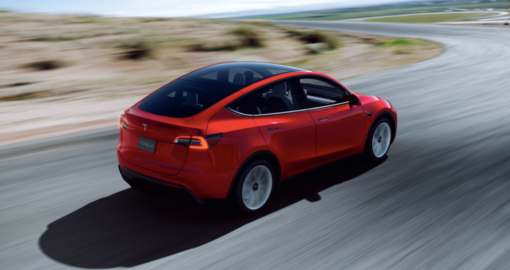
Image Image Credit: Tesla
"June 2022 is the month with the highestcar productionin Tesla's history, " Tesla told China News Weekly.According to data released by the China Passenger Car Association on July 8, Tesla sold 78,906 vehicles in June, a year-on-year increase of 138%.Notably, Tesla's domestic deliveries hit a record high of 77,938 vehicles in June, up 177% year-over-year.Model Y ranks first in the overall monthly sales of vehicles including fuel vehicles with a monthly sales of 52,557 units.
More than that, after several years of staking, the leading car-making new power companies have begun to have more and more fans of their own.In front of the vigorous smartelectric vehicles, the fuel vehicles actually show a sense of desolation covered with the dust of the times and the decline of the west. Even if the sales of new energy vehicles only account for less than one-fifth of the overall sales, they are It's in the middle of the day.
Changes in competition
"Today's smart cars are very similar to the smart phone industry 10 years ago, with a similarity of more than 90%. The car factories will also be reshuffled like the mobile phone brands at that time. The strong car factories in the past may also disappear in the new era." July On the 7th, at the 14th China Automotive Blue Book Forum, Huawei Executive Director, Terminal BG CEO, and Smart Vehicle Solutions BU CEO Yu Chengdong spoke bluntly.
Due to his sharp words, Yu Chengdong, who has not been in the car circle for a long time, gained the nickname "Yu Dazui".At an internal mobilization meeting in 2021, he once criticized the car companies that cooperated with Huawei as useless: "Those car companies that choose our car BU, including state-owned enterprises and central enterprises, how can their cars be sold? Brands, channels have no channels, retail has no retail, product experience and design are not good...even the new car-making forces can't do it."
The view of "Yu Dazui" may be exaggerated, but at present, the competition pattern of the automobile industry has changed.
The fast-rising new energy vehicle market is not just opening up a new field. A large part of the increase in this market actually comes from the transformation from the fuel vehicle market.Because of this, the competitors of car companies have long been different from the past.
Who is BMW's competitor?If three years ago, only Mercedes-Benz and Audi would blurt out.BBA has been a three-legged rival for many years, both enemies and friends, jointly developing and leading the luxury brand market, and to a certain extent, it is also the "vanguard" of technological progress.In the past many years, if the media mentioned friends at BMW's exchanges, they would basically only mention Mercedes-Benz and Audi.
However, at a regular media communication meeting held by BMW recently, reporters present raised a total of 11 questions to Dr. Nord Kovach, the director responsible for production of BMW Group. In addition to 8 questions directly related to BMW's business, there are also 3 questions about Tesla.As for Mercedes-Benz and Audi, they were not mentioned at all.
Indeed, the Tesla Gigafactory can roll out a car in 45 seconds. The integrated die-casting technology makes Musk proud and has led him in the field of new energy vehicles for many years.
The changes in the competitive landscape are silent and unexpected.
But with the lessons learned from the mobile phone industry, how can car companies sit still?
In the past June, BBA has made a big fuss about the electric transformation of the factory. The purpose of this layout has also been interpreted as it seems that it intends to "encircle" Tesla.
On June 13, the 4 millionth vehicle produced by Mercedes-Benz in China rolled off the assembly line at the Shunyi plant. This renovated new plant was exposed for the first time.The new car off the assembly line is a new EQE based on Mercedes-Benz's new-generation pure electric platform EVA 2.0, which will be launched in the second half of the year.As a result, Beijing Benz's electrification transformation can be seen to accelerate in an all-round way.
On June 23, BMW opened its Lida plant in Shenyang with a total investment of 15 billion yuan."The Rida factory has become the best example of BMW's iFACTORY strategy." Nordkovitch told China News Weekly that the Rida factory has created the largest single investment in BMW's history in China, which will accelerate BMW's electrification process.After the Rida plant reaches production, the production capacity of BMW's Shenyang production base will increase to 830,000 vehicles.
On June 28, the Audi FAW new energy vehicle project started in Changchun, which is Audi's first production base in China dedicated to the production of pure electric vehicles.As a result, Audi officially started the project of localized production of pure electric vehicles based on the PPE platform in the Chinese market, on which the next generation of Audi's latest high-end electric vehicle models will be born.It is understood that the total investment of the Audi FAW new energy vehicle project exceeds 35 billion yuan.
The three giants of luxury cars are the same, and in the current competitive landscape, it is a little more meaningful.
end of transition
On the one hand, it is the continuous increase in electrification transformation, and on the other hand, it is an increasingly clear "burning ban plan".
"Release pure fuel vehicles as soon as possible." Yu Chengdong did not forget to pour cold water on fuel vehicles when he was selling his extended-range vehicles.
Although my country has no clear plan to ban the sale of fuel vehicles, for the EU and most auto companies, "burning ban" is no longer a new topic.
On June 29, after 16 hours of negotiations, the environment ministers of the 27 EU countries voted in Brussels, the capital of Belgium, to approve a resolution to support the decision of the European Parliament to stop the sales of new fuel vehicles in the EU in 2035, in order to achieve a carbon neutral Europe in 2050. and goals.Just a few days before the consensus was reached, Germany, the most important car producer in the European Union, strongly opposed the decision.But at the last minute, concessions were made.
At the same time, when auto companies began to announce their decision to "no longer develop engines and spend on fuel vehicle research and development", the best era of fuel vehicles was destined to come to an end.
"We will not develop new gasoline engines, but will try to make existing gasoline engines comply with the new emission regulations." This is the statement of Audi CEO Markus Duesmann in an interview with German media last year.
Audi, which will no longer develop new fuel engines, has begun to spend a lot of money on the transformation of electrification.According to the plan, Audi will invest about 18 billion euros, or about 127.26 billion yuan, in the field of electrification and hybridization in the next five years.
Coincidentally, Volkswagen brand CEO Barrett also said that the company has no plans to develop new combustion engines and is shifting its focus to battery-powered vehicles.According to plans previously released by Volkswagen, it will exit the internal combustion engine vehicle business in Europe between 2033 and 2035, and will be carbon neutral by 2050 at the latest.
Mercedes-Benz said that from 2025 onwards, the architecture of all newly released models will be pure electric platforms; before 2030, Mercedes-Benz will be ready for full-scale pure electric vehicles in markets where conditions permit.From 2022 to 2030, Mercedes-Benz will invest more than 40 billion euros in pure electric models.
BMW has yet to say it will stop research and development and upgrades on the internal combustion engine.It should be noted, however, that even the M models of the BMW brand will retain the in-line 6-cylinder and V8 engines until 2030, but the cut-off time has been set.The upcoming M2 model, codenamed G87, will be the last M model not to offer an electric version.Other brands in the group have begun to fully embrace electrification.
The Volvo brand will stop sales of fuel vehicles starting in 2030 and fully promote new energy vehicles.
Not only that, Nissan has also made it clear before that it intends to stop developing new internal combustion engines and will continue to upgrade existing engines.While Nissan has already taken this step in Europe, it will follow in the Japanese and Chinese markets.And the U.S. is the only country where Nissan isn't in a hurry to ditch the internal combustion engine, because pickup trucks are so popular there.Previously, Nissan spent about 500 million yen a year on research and development of internal combustion engines.Now, spending will be reallocated to support electrification.
Is Nokia not good enough?No, it was Apple that showed up with a disruptive smartphone.Today's auto industry may be on a similar path.But the difference is that the transformation of car companies is earlier and more determined than the transformation of mobile phone companies.Because of this, two seemingly similar curves may also go to different endpoints.
Statement: the article only represents the views of the original author and does not represent the position of this website; If there is infringement or violation, you can directly feed back to this website, and we will modify or delete it.
Preferredproduct
Picture and textrecommendation
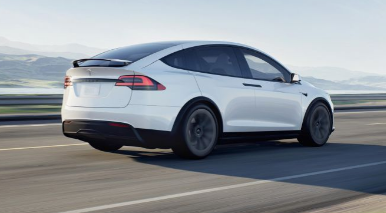
2022-08-04 12:57:12
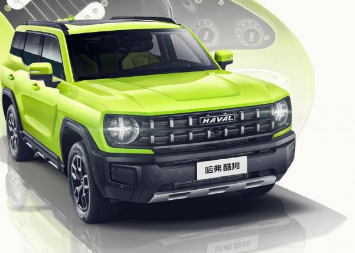
2022-08-04 12:56:48
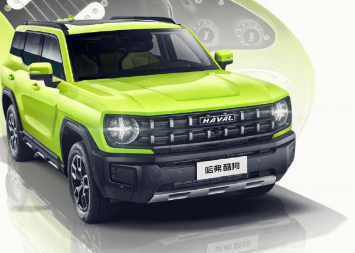
2022-08-04 12:56:28
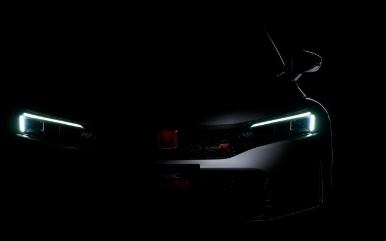
2022-08-04 12:56:04
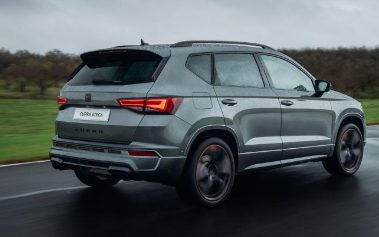
2022-08-04 12:55:36
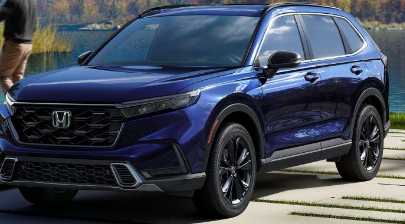
2022-08-04 12:55:11
Hot spotsranking
Wonderfularticles
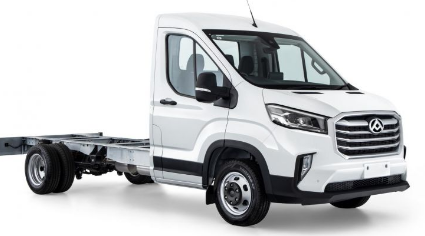
2022-08-04 12:54:48
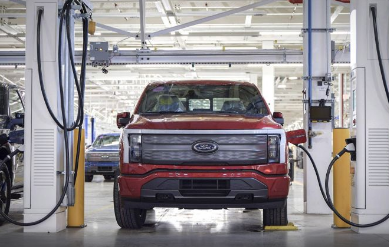
2022-08-04 12:54:20
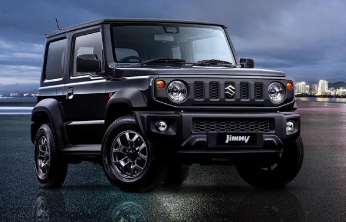
2022-08-04 12:53:54
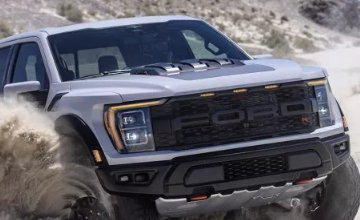
2022-08-04 12:53:32
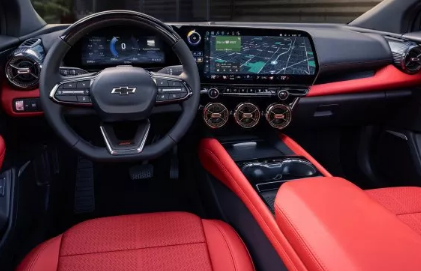
2022-08-04 12:53:03
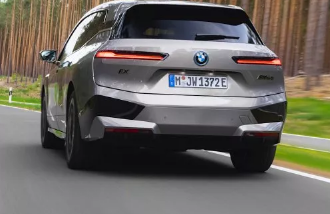
2022-08-04 12:52:26
Popularrecommendations
